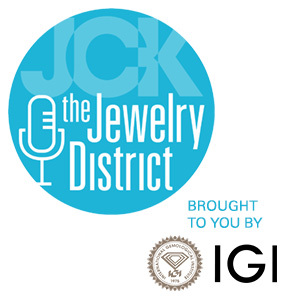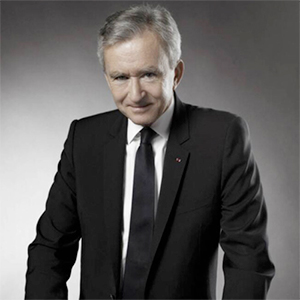
As I probably don’t have to tell readers of JCK, people in the jewelry industry like to talk. A lot. They’re happy to give their opinions whenever they’re asked (and sometimes when they’re not).
And so, as we have done for the past four years, JCK has scoured publications to bring you 40 morsels of wisdom on industry hot topics and the jewelry business in general. The 2023 crop includes contributions from designers, wholesalers, retailers, politicians, celebrities—and, for the first time ever, a machine.
If no media outlet is named, the quote came from JCK.
Designing jewelry
“For me, jewelry really is intended to be worn and loved, not something that sits in a drawer.”
—Designer Stephanie Gottlieb, in Gotham
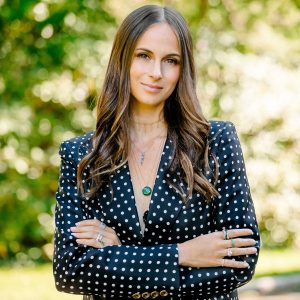
“Jewelry is like therapy, and my designs represent the ups and downs of life.”
—Roxanne Rajcoomar-Hadden, to The New York Times
“This is a career path that you never stop learning and growing, and you never know everything. It’s something that you can do for the rest of your life. As long as you keep nurturing that love, it’ll give back to you.”
—Designer Lorraine West, on The Jewelry District podcast
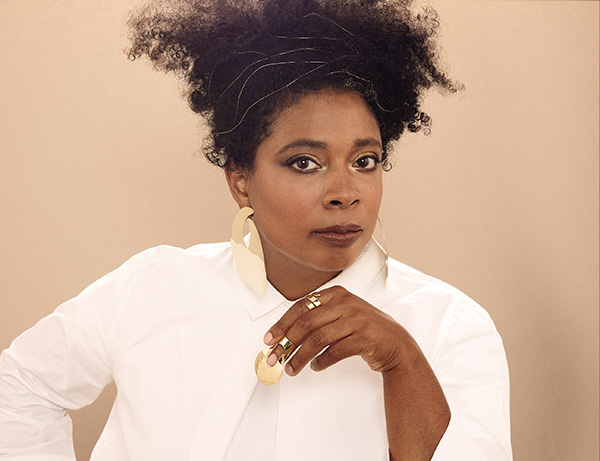
Diamonds and gemstones
“I have been a part of the diamond industry for 30 years. I have never seen a diamond market facing such a set of complex difficulties simultaneously before.”
—Natural Color Diamond Association’s Robert Bouquet, writing in Jeweller
“The United States didn’t end the demand for Russian [diamonds]. The money’s just being rerouted.”
—Industry analyst Edahn Golan
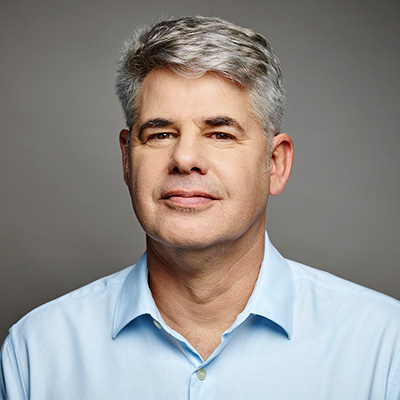
“Leave us to play our games. We will play them well for you.”
—Botswana president Mokgweetsi Masisi, on his country’s negotiations with De Beers

“There is no such term as ‘trusted vendor’ [of diamonds] anymore. Everything must be screened.… Unfortunately, we’ve got to the point that you can’t things for granted.”
—Stuller senior gemologist Guy Borenstein, on the Paul Zimnisky Diamond Analytics podcast

“Today I’m not so sure I would be able to accomplish what I did [in the diamond industry]. I was in the business before the color machine, before computers. I could buy big diamonds and know what you would get from them. I used my brain, because that was all I had.”
—Premier Gem founder Marvin Samuels

“Often I am asked the question ‘Why is it everybody loves gems?’… There is this sense of timelessness [to them]. When you think of almost anything else that we interact with in our lives, almost nothing else can you look at it and go, ‘Well, that’ll be here forever.’… We’re always just part of the story, and the story has a history and it has a future to it.”
—Jeffrey Post, curator emeritus at the Smithsonian National Museum of Natural History, on The Jewelry District podcast
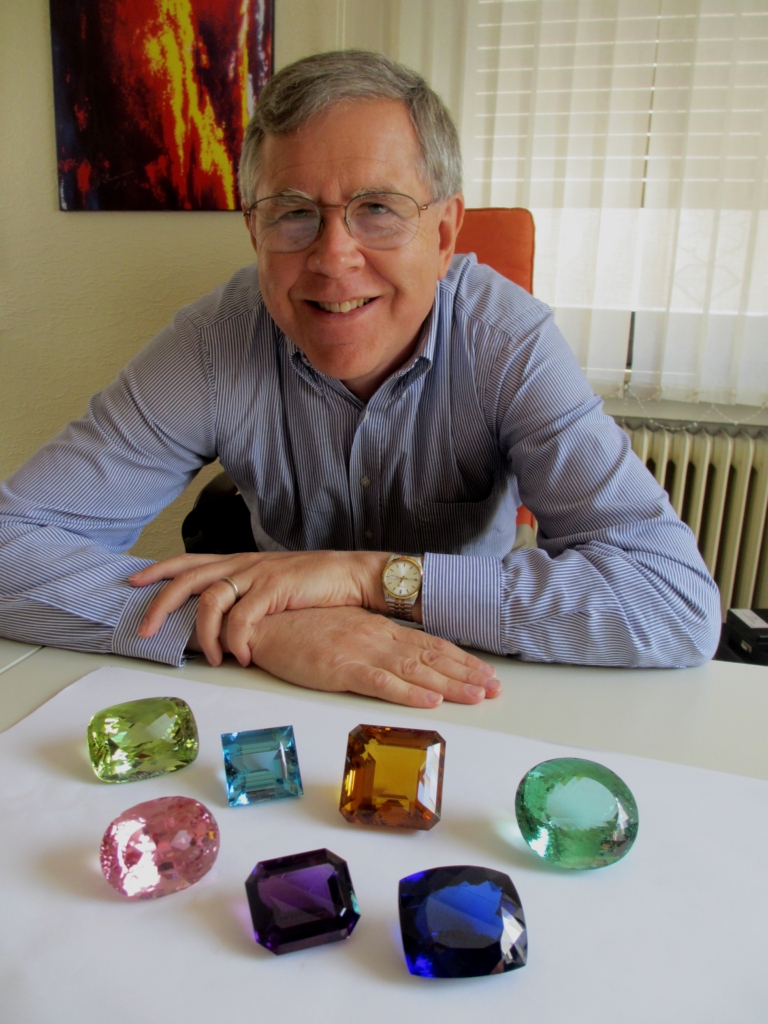
“It never, ever gets tiring [looking at gemstones] and if it did, I think it’d be time to quit. But just look at a stone like the Tiffany Diamond.… how can you not get excited by it all over again?”
—Tiffany & Co. chief gemologist Victoria Reynolds, to The Edge Malaysia
“Every stone has a meaning. Sodalite helps you to see the future in a positive way; it gives you hope, it gives you strength, it gives you courage. Now, does the stone bring it? I have no idea, but what is important for me is to believe. Does it bring it or not? I don’t care!”
—Former LVMH executive Jean Claude-Biver, to The New York Times
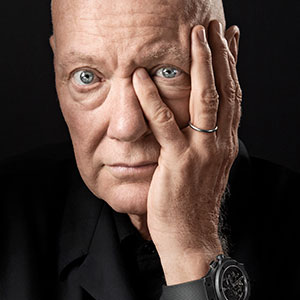
“You never know what is going to come out of the ground. It’s not a widget. It’s magic.”
—Diamond trader Charles Bonas, to the Financial Times
Jewelry, the product
Fashion in “the 1990s got very, very delicate, and I think that was the road back to refinement. But there was also an absence of jewelry, and I remember thinking, ‘Oh, women are going to get really fed up with this pretty quickly. You’re going to want to wear your jewelry!’”
—All My Children star Susan Lucci
“I think jewelry can give you an attitude change and a little confidence boost. It has the power to do that.”
—Actress and Brilliant Earth ambassador Camila Morrone, to Elle
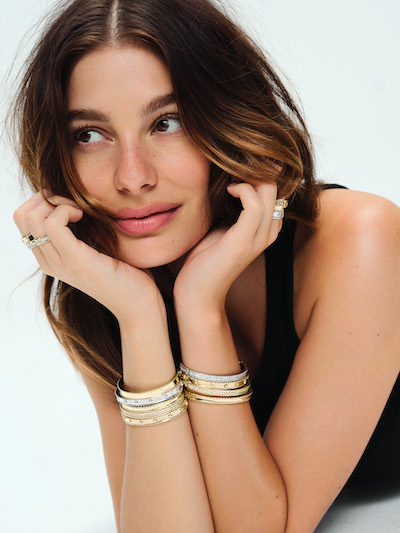
Lab-grown diamonds
“We should cease referring to them as identical [to natural diamonds], with differences only seen with special tools. If you’re an independent jeweler who recently started selling lab-grown, you likely built your business on reputation. You owe it to your customers to get educated on what the quality characteristics are beyond the 4Cs. And don’t lie because the diamonds speak for themselves.”
—Ada Diamonds COO and sales director Lindsay Reinsmith
“We’re in a technology industry. We’re not in the diamond industry. We’re part of a technology industry that uses diamonds as a component.”
—ALTR Created Diamonds CEO Amish Shah
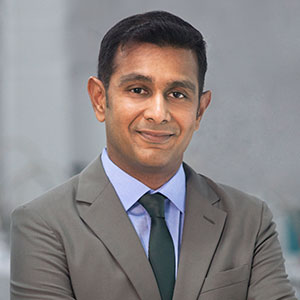
“What we’ve seen a couple of times already this year is somebody who took on a bunch of lab-grown diamonds and got into a collections issue. The creditor wants to get paid for those lab-grown diamonds, and the debtor says, ‘No, here’s the lab-grown diamonds back.’ And the creditor says, ‘No, their value has dropped. I don’t want them back.’ On some occasions, it’s a little baffling to us because it’s a company that originally bought the diamonds, so what’s the problem?”
—Jewelers Board of Trade president Erich Jacobs
“Right now in the lab business, we are in the Wild West. You have people who are out there dumping goods without thinking of the long-term business. They are taking the value out of the product. Consumers don’t even want it that cheap.”
—Craft Lab Grown Diamonds president Jeffrey Cohen
Luxury
“When you create desire, profits are a consequence.”
—LVMH chairman Bernard Arnault (pictured at top), to The Wall Street Journal
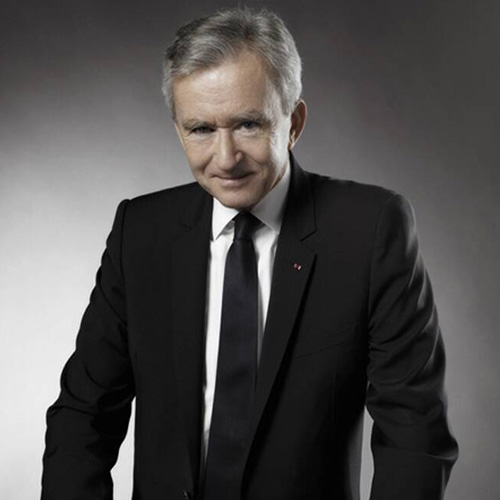
“Tiffany is supposed to be an exclusive luxury brand. It doesn’t have an awareness problem; people know of the brand, so they don’t need to generate buzz. What they need to do is keep their allure. It’s not a typical luxury strategy to be in the conversation every single day.”
—Wharton School marketing professor Barbara Kahn, to Vogue Business
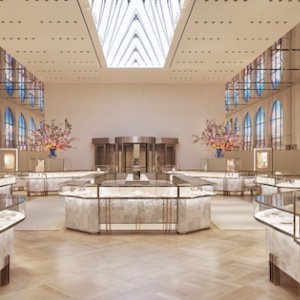
“I decided to concentrate on the luxury industry because of its sheer size and strategic importance. LVMH’s revenues, for example, are bigger than France’s education and defense budgets.”
—Astrid Wendlandt, aka writer Miss Tweed, to WatchPro
“The pandemic changed everything for everybody. Has it changed what clients want from Cartier? No, not at all.”
—Cartier CEO Cyrille Vigneron, to the Financial Times
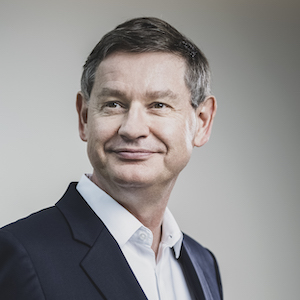
“When I’m buying a $55,000 bracelet, do I want to be served by a robot or a human being? I’d bet it’s a human being.”
—Luxury Institute CEO Milton Pedraza
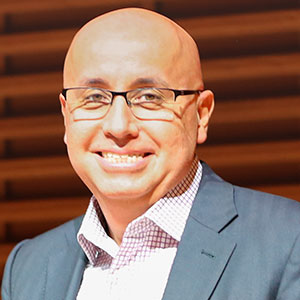
Remembered
“I am not a golfer, I am not a tennis player. I make jewelry.”
—Legendary designer Henry Dunay, who died in November
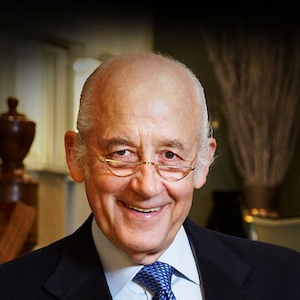
“There are no good diamonds or bad diamonds, just good people or bad people who sell them.”
—Industry leader Harry Levy, who died in May

“The first thing I do when I hold a diamond is I look at it and ask it, ‘What would you like to become?’ It answers: ‘The most beautiful.’ I answer: ‘You will be.’”
—Famed cutter Gabi Tolkowsky, who died in May
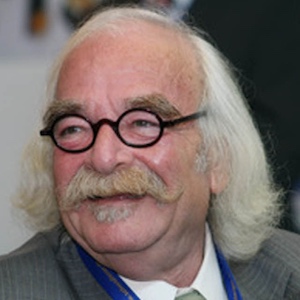
“There’s this peculiar thing that jewelry people share. Call it passion, call it craziness, call it an addiction to this business, but it’s just who we are. We go on vacation and spend half our time in jewelry stores chatting with the owners, and we think that’s perfectly normal behavior.… Yes, we are a different breed, and we’re proud of it.”
—Former JCK editor-in-chief Hedda Schupak, who died in October
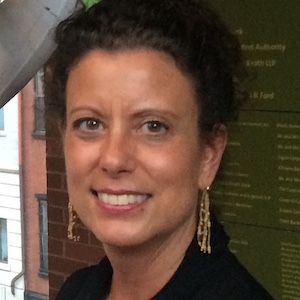
Retail
“A local store owner should be out there doing things for community. That’s the role we serve as small business owners. It’s not just to sit and open at 10 o’clock and close at 6 and ring things up all day. You have to get involved with the community.”
—Jack Lewis Jewelers president John Carter
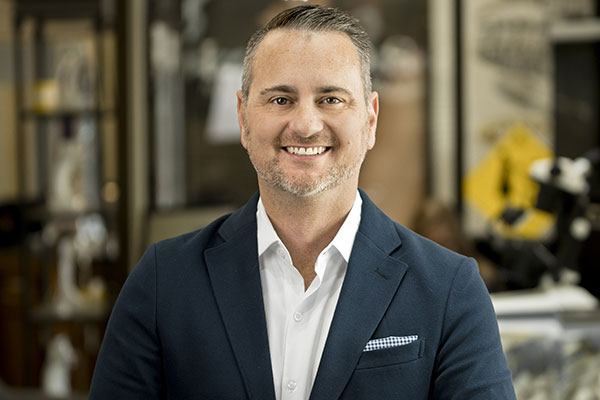
“Legendary retailers fail in a predictable way. Their founders preside over rapid growth and market leadership. After the founders step back, aggressive rivals go after their customers and they lose market share. They hire so-called professional CEOs from well-regarded rivals who bullheadedly apply what worked at their previous employer while skipping the crucially important step of listening to customers and giving them more of what they need than competitors do. That final failure sends the once-proud retailing icon into bankruptcy.”
—Management consultant Peter Cohan, writing in Forbes
Sustainability
“I have a hard time when people say we’re not going to source diamonds from Africa. We don’t want to wipe out an entire continent.”
—Anza Gems founder Monica Stephenson
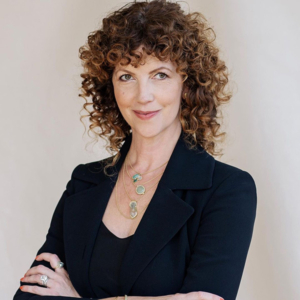
“It is common knowledge that marketing activities on sustainability aren’t a very good predictor of real performance.”
—World Wildlife Fund Switzerland head of markets Damian Oettli
“Oh, the term ‘mining free,’ it sounds so grand,
But let’s look at it closer, let’s take a stand…
For minerals and resources are used in most things,
And ‘mining free’ may not account for all it brings….
For there’s often a supply chain, complex and vast,
And minerals may be used in ways not meant to last.
So let’s be honest and transparent, that’s best,
And not use terms like ‘mining free’ to pass the test.”
—ChatGPT, when asked to write about the phrase mining free in the style of Dr. Seuss
“The younger the generations are, the more they claim [sustainability] is a purchasing factor, but when you look at the behavior, I don’t think that it is.”
—Pandora CEO Alexander Lacik, to The Times

“We have had some pushback when consumers see pictures of the [Moyo Gems] mines. They’re expecting the super-hygienic mines that you see in the sustainability reports of De Beers and Lucara, with millions of dollars behind them. The reality of what [artisanal and small-scale mining] looks like is still surprising to people.”
—PACT director of sustainable markets Cristina Villegas
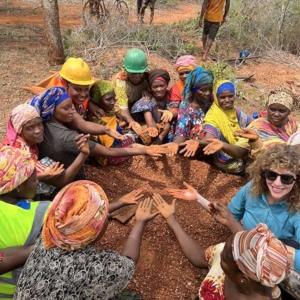
“My then–20-year-old son got three doses of the [COVID] vaccine before my 85-year-old parents and parents-in-law got any. The only reason is he lived in London, and they live in Cape Town. I’ll never forget that.”
—De Beers co-chair and former CEO Bruce Cleaver

Watches
“It shouldn’t be a surprise that it [Rolex] decided to purchase a storied retailer [Bucherer]. The very nature of Rolex is all about control.”
—Hindman Auctions senior vice president Reginald Brack, to National Jeweler
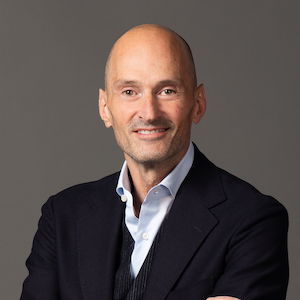
“What I’m doing, actually, when it’s a new model is asking, ‘How come this one that I just started selling a few months ago is already in the secondary market?’ That means that one of the retailers…has sold the piece to the wrong person. Someone who [flipped] it…. We are buying a couple hundred pieces to check that. And then when I have it, I check the number. This number allows me to know that, OK, I sold it to Patek Philippe Rue du Rhône, so I go to Rue du Rhône and ask my store manager, ‘Explain this to me. This watch, I bought it on the secondary market. To whom did you sell this watch?’”
—Patek Philippe CEO Thierry Stern, to Bloomberg
“It’s good to know if you spend a lot of money on something, and if your wife asks, you can call it an investment. That’s what I always do if I buy something expensive.”
—A. Lange & Söhne CEO Wilhelm Schmid, on pre-owned luxury watches, to Watchesbysjx
“What we saw [in the watch business] in 2021 and 2022 was out of the norm. We couldn’t even fathom that we would experience this in our lives. I believe that we will never see this ever again.”
—Audemars Piguet CEO François-Henry Bennahmias, to Fortune
“We live also in an age of overkill of digitalization. And having an analog watch, a very traditional watch, handmade, which you actually, intellectually can understand because it’s like a Lego product. When you look at a movement, you can understand how it works. I think it’s something very human, and people like that.”
—Breitling CEO Georges Kern, to Yahoo Finance
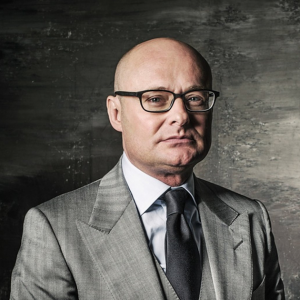
- Subscribe to the JCK News Daily
- Subscribe to the JCK Special Report
- Follow JCK on Instagram: @jckmagazine
- Follow JCK on X: @jckmagazine
- Follow JCK on Facebook: @jckmagazine

